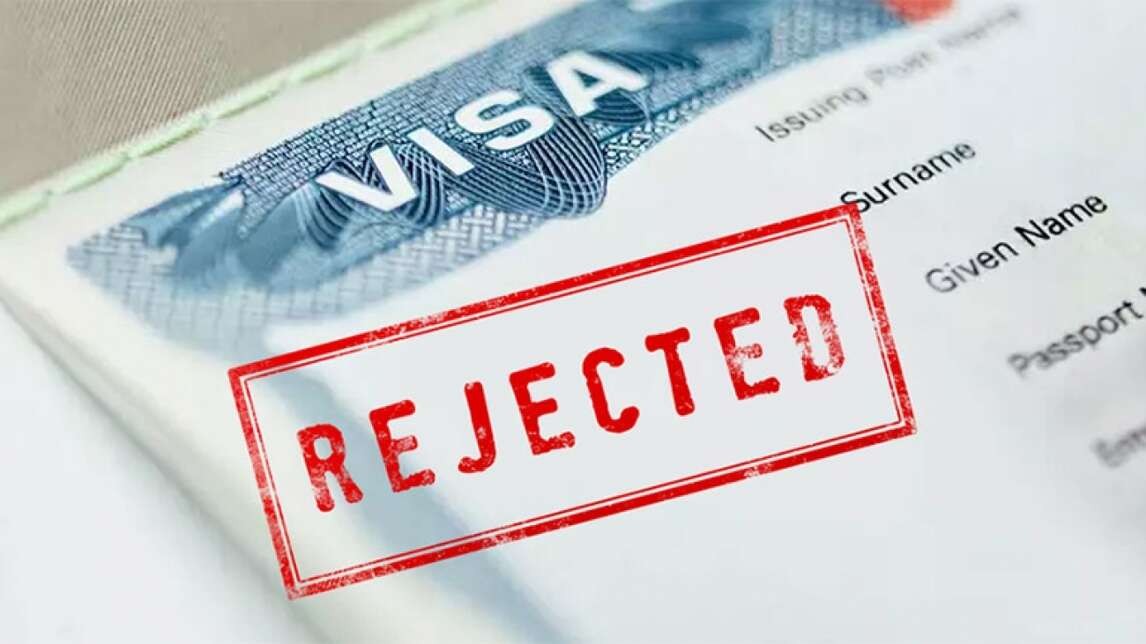The Trump administration’s anti-immigration policies have sharply reduced the number of U.S. visas issued to Koreans, creating significant challenges for Korean American communities, businesses, and institutions. Stricter reviews, more denials, and proposed fee increases are driving the decline.
According to the U.S. State Department, the number of F-1 student visas granted to Koreans last May was 2,017, down more than 600 from 2,630 in the same month a year earlier. J-1 exchange visas dropped from 1,041 to 778, while E-2 investor and employee visas fell from 579 to 318.
Other categories also declined. L-1 visas for company transferees slipped from 220 to 209, while B1/B2 tourist and visitor visas dropped from 1,817 to 958, nearly halving in one year.
The administration’s plan to raise H-1B visa fees from about $1,000 to $100,000 has caused further concern. Even before the change, approvals had fallen. Last May, only 173 H-1B visas were issued to Koreans, compared with 250 in the same month the previous year.
The effects are hitting small and medium-sized businesses, especially in downtown Los Angeles. Apparel and garment companies report worsening labor shortages. One company official said, “With J-1 visas blocked, we cannot hire workers for clothing and pattern design. Immigration crackdowns combined with staff shortages are making operations extremely difficult.” Another added, “We used to bring in top Korean talent as interns to ease labor shortages, but now that’s impossible.”
Experts warn the restrictions are also hurting schools, religious organizations, and mid-sized firms that rely on skilled workers. An immigration lawyer explained, “The path for international students to remain in the U.S. has become very narrow, and hiring workers from abroad is now far more difficult. If H-1B fees rise to $100,000, only large corporations will be able to manage it.”
Some Korean companies planning U.S. expansion are reconsidering. A cosmetics company noted, “With both tariff barriers and hiring restrictions, we are forced to reassess our U.S. entry plans from the ground up.” Another business said, “We may need to switch to a remote management model from headquarters in Korea.”
The tightening of U.S. visa policies under the Trump administration has compounded existing challenges, leaving Korean American businesses and institutions with fewer options for hiring and growth.
BY HANKIL KANG [kang.hankil@koreadaily.com]




